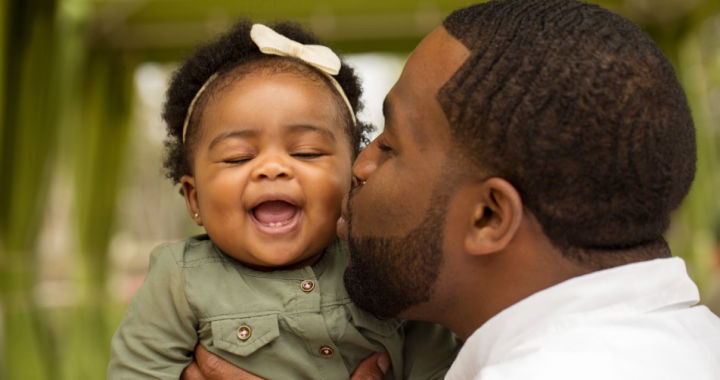This is a hard time economically for everyone. Even if you are able to work, you may be facing cuts, loss of benefits, or the anxiety of worrying about the sustainability of your job if this lasts for months into the future. Some people have lost their jobs completely and are now spending days on end trying to obtain the federal and state benefits they may be entitled to as relief. If you are the person paying support, you are worrying about your ability to do so; if you are the person receiving support, you may be needing that support more than ever. We can all understand both sides of this issue. The bad news is that your current path to relief may be a bit more difficult than with other family law issues, at least through litigation. The good news is that attorneys can work together or with alternate dispute resolution to come up with a solution that addresses the specific issues of your case.
You Can Not Pay
If you have less income, or none at all, you may not be able to make your current support payment. However, you are still obligated to pay your court-ordered support. If the state is enforcing your support order, you may be able to contact them to find out if there are any steps towards relief. Your ability to seek relief through the court will be determined by your court’s current emergency response situation and if they deem your case to be enough of an emergency to move forward before opening up to all cases.
You Are Not Receiving Your Court-Ordered Support
Unfortunately, the primary issue for the receiving parent remains the state or court’s current capability to hear any cases that are not considered an emergency. I would suggest that the ability to pay or receive support for children is a personal emergency for the family involved. The issue is simply the capacity of the courts under current COVID restrictions to help. If you are in the position of not receiving the support you need for your children, be sure to keep track of all of the funds that are past due and any and all receipts or other documentation you can gather to show amounts due under your current order. You will likely use that information once the courts open in some form of contempt or enforcement action to recover past due support.
Negotiation And Alternate Dispute Resolution
Nobody enjoys giving out the advice that we have to wait an unknown amount of time before seeking relief for our clients. Child support is another area that is seeing more use of direct negotiation and use of alternate dispute resolution resources such as mediation and arbitration. Attorneys are able to help craft solutions that speak not only to their client’s particular needs, but to the objective issues of the day. A general example would be an agreement where the parties acknowledge the temporary nature of this economic emergency and review their current finances. They can then come to an agreement to allow for temporary monthly payment and adjustments for current child care and other expenses, and create a jointly agreed path forward to move back into the current order and pay any arrears as able. Of course, any agreement should be looking not only to the parents’ economic status and ability to receive COVID-related benefits, but towards making sure there is as little as possible economic detriment to the children involved.
For some people, the concept of negotiating temporary child support issues will seem relatively straightforward. For others, they may find that the conflict level in their case results in even objectively understandable concepts being difficult to apply to their lives. Others will try to take advantage of the situation by delaying their return to work to lessen on-going support obligations.
Regardless, Dreyer Law can help determine how much facilitation our clients may need. Give Dreyer Law a call today to discuss your child support needs. We are here to help you through this pandemic as best as we can.










